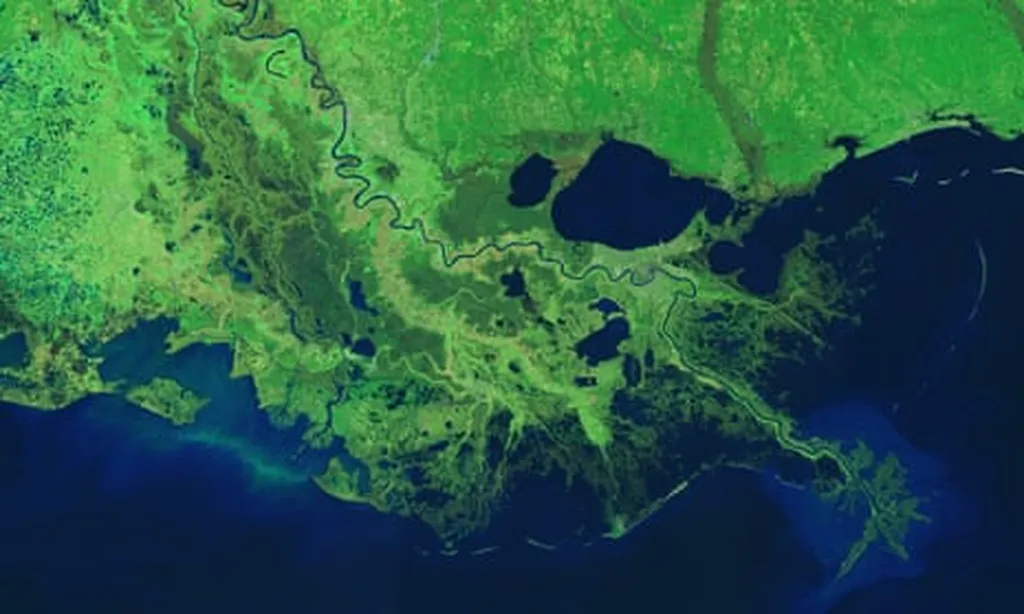In the heart of southern France, the Rhône delta is a bustling hub of economic activity and ecological diversity. This intricate web of interactions is now the subject of a groundbreaking study led by Rose Rodier from the Tour du Valat, Research Institute for the Conservation of Mediterranean Wetlands. The research, published in the journal *Ecology and Society* (which translates to *Ecology and Society* in English), offers a nuanced look at the interdependencies among hydro-saline dynamics, economic activities, and ecological processes in this delicate deltaic social-ecological system.
The study focuses on the Ile de Camargue, the central part of the Rhône delta, where water management, agriculture, and natural environments intersect in complex ways. Rodier and her team developed a conceptual model that highlights the strong relationships and feedback loops among the various entities in this deltaic system. One of the most significant findings is the feedback loop involving regulations, rice fields, and bird habitats. “Strengthening pesticide regulations to improve water quality and bird habitats caused the area of rice cultivation to decrease, which in turn degraded habitat conditions for birds,” Rodier explains. This finding underscores the delicate balance that must be struck between environmental regulations and economic activities.
The study also identifies a common trade-off in water management: prioritizing water quality over quantity in the delta’s Vaccarès lagoon. This decision is a contentious issue among stakeholders, highlighting the need for integrated assessment and modeling to explore the dynamics and resilience of the Ile de Camargue in the face of climate change.
For the energy sector, understanding these interdependencies is crucial. The Rhône delta is not just a hotspot for biodiversity but also a region where economic activities like agriculture, hunting, fishing, and tourism play a significant role. The insights from this study can help energy companies navigate the complex landscape of environmental regulations and economic activities, ensuring sustainable practices that benefit both the ecosystem and the economy.
Rodier’s conceptual model serves as a starting point for developing computer-based integrated assessment and modeling tools. These tools can provide valuable insights into the future of the Ile de Camargue, helping stakeholders make informed decisions that balance economic growth with ecological sustainability. As climate change continues to pose challenges, the need for such integrated approaches becomes ever more pressing.
This research is a testament to the importance of interdisciplinary collaboration. By bringing together experts from various fields, Rodier and her team have created a comprehensive model that sheds light on the intricate relationships within the Rhône delta. Their work not only advances our understanding of deltaic social-ecological systems but also paves the way for more sustainable and resilient futures.
As the energy sector continues to evolve, the lessons from the Rhône delta can serve as a blueprint for other regions facing similar challenges. By embracing integrated assessment and modeling, energy companies can contribute to the preservation of biodiversity while supporting economic growth. The future of the Rhône delta, and similar ecosystems, lies in our ability to balance these competing priorities, ensuring a sustainable future for all.

